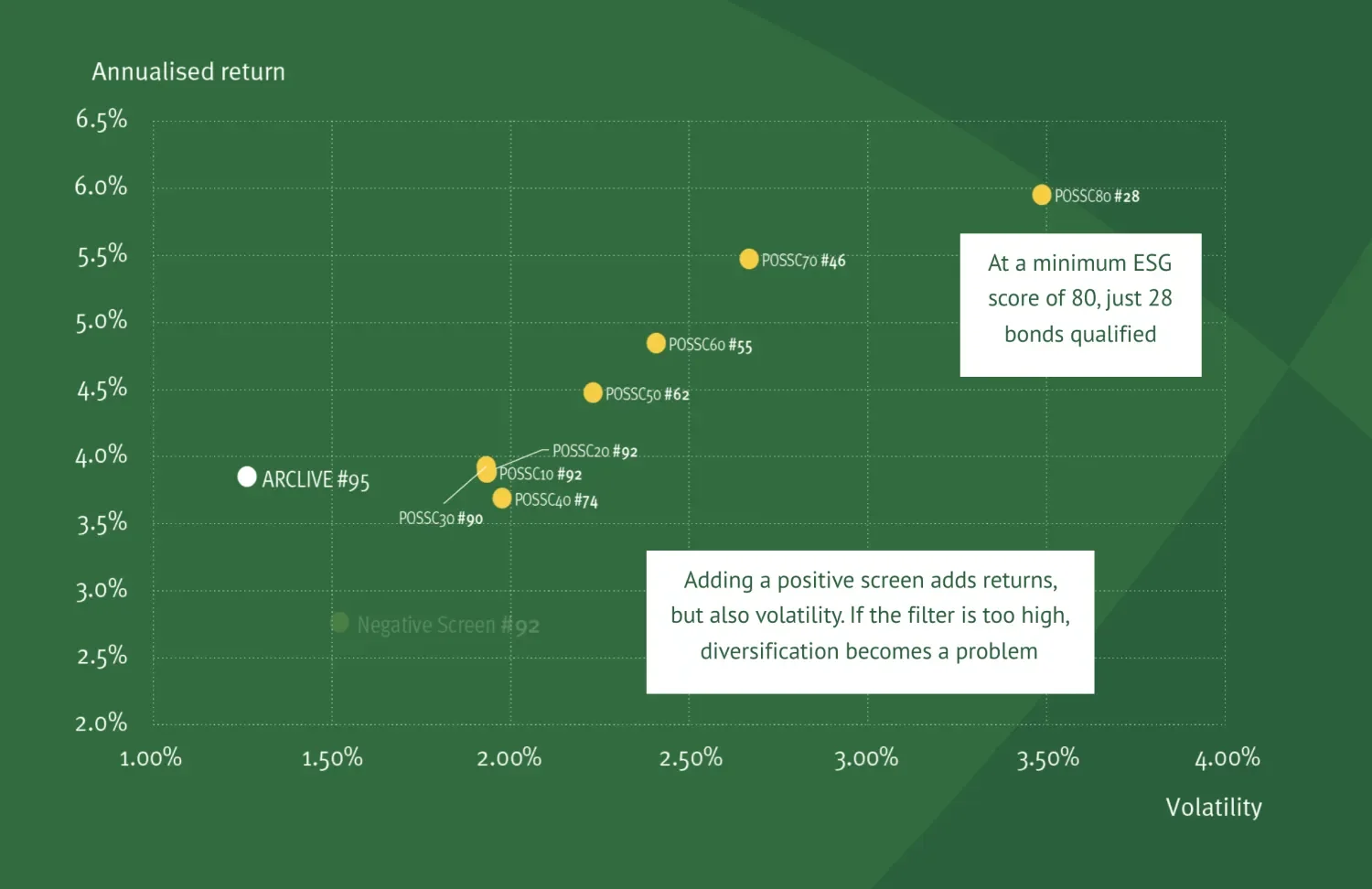How Has COVID-19 Changed ESG?
ESG investing was tipped to be the biggest theme of 2020 for financial markets, but was swiftly superseded by the COVID-19 pandemic, which has dominated investors’ thoughts since Q1. We thought it was important to revisit this topic and explore if and how the pandemic has changed the world of ESG.
In the early stages of the pandemic many speculated ESG considerations could fall in priority relative to surviving current events. However, fund flows tell a different story.

Source: Morningstar, 30 Nov 2020
(Morningstar FI ‘Sustainable’ focused Fund universe and broader European Corporate/Short Term/Diversified Bond universe)
Comparing inflows across fund types, the chart above suggests inflows into sustainable mandates have been more stable and consistent than those into non-sustainable mandates. Despite the market volatility witnessed in Q4 2018 and Q1 this year, it does appear that investors are reluctant to withdraw money from this sector.
One thing the pandemic has done is accelerate trends that were already occurring; working from home, the shift from high street retail to online, and the importance of ESG concerns. Prior to COVID-19 it was Environmental factors that topped most investors’ agenda, and this may still be the case, but what the crisis has highlighted is the importance of strong Social and Governance credentials. In our view this is a welcome development, particularly given the S in ESG can often be side-lined in the decision making process.
S and G are more important than ever
Social credentials have often been overlooked by investors, mainly because they are difficult to accurately quantify (they are rarely tangible or measurable), and this is also the area that tends to have the least transparency within ESG. However, since the beginning of the crisis social factors have definitely come to the fore – human capital has never been more important with many employees working remotely and staff wellbeing at the top of the agenda for employers. As an example, the banking sector in particular has adhered to their social responsibility supporting individuals and businesses through the crisis, offering easy access to liquidity through government funding, payment deferrals and so on. We do not know what new crises may occur in the years ahead, but it would seem companies mindful of their social responsibility are best placed to adapt to future downturns. Going forward we think it is likely there will be some positive correlation between social credentials and future investment returns.
Governance has always been an area which investors considered in their investment decisions, and has been proven to be strongly correlated to future investment returns (2017 Barclays Equity Gilt Study). Since March management boards have faced a string of difficult decisions, from suspending dividends through to adapting supply chains and staff redundancies, to name a few. We have seen prudent management teams temper short term shareholder expectations to ensure the health and longevity of their businesses, and going forward we expect this to demonstrate the increasing importance of good governance. Those who maintained prudent balance sheets and bolstered liquidity when the new issue market reopened in April should be best placed to lead the recovery when vaccines are distributed and economies are reopened.
Finally, we have seen record issuance in the bond market this year, with corporates taking advantage of a buoyant new issue market to strengthen their balance sheets. Much of this issuance has come in the form of ESG related bonds.

Source: Bloomberg, 30 Nov 2020
We have previously discussed our thoughts on green bonds in our whitepaper . Throughout the pandemic, volumes have been steady year-on-year and we are also seeing a fairly significant increase in both social and sustainability linked bonds – these open the market up to a wider issuer base than green bonds, and do not have the same restrictions surrounding use of proceeds. Away from purely ESG linked issuance, what we are witnessing in new issue roadshow presentations, regardless of the issuer, is a significant increase in the amount of time and number of slides management dedicate to addressing the ESG credentials of the company.
With a Democrat government in the US, pressure on governments to shorten ‘net zero’ timelines, COP 26 in Glasgow and last but not least, vast amounts of fiscal spending expected in the near term focused on green and sustainable projects under the ‘Build Back Better’ phrase being used by many governments, one can only expect sovereign and corporate issuance in this space to dramatically increase. From our many conversations with clients, it is our prediction that this supply will be met with an equal – if not greater – demand for ESG type funds and assets, given the ever increasing number of investors incorporating ESG and sustainability requirements into their fund selection.
All in all we are heartened to report that despite the pandemic, the trend towards ESG investing is in better shape than ever.

